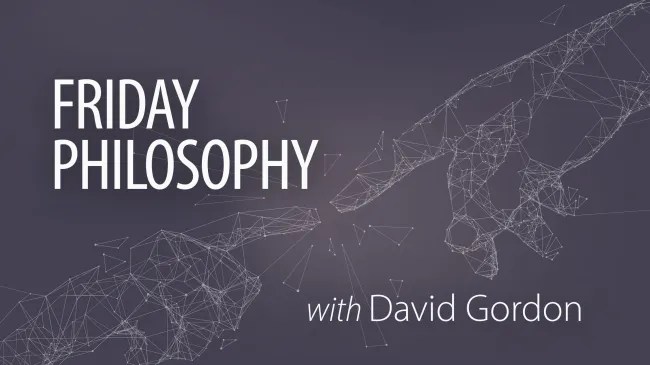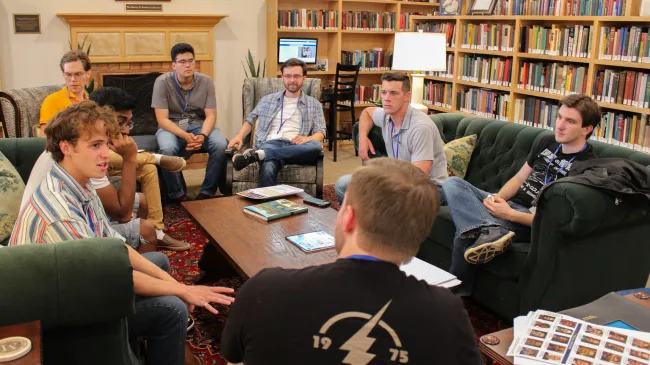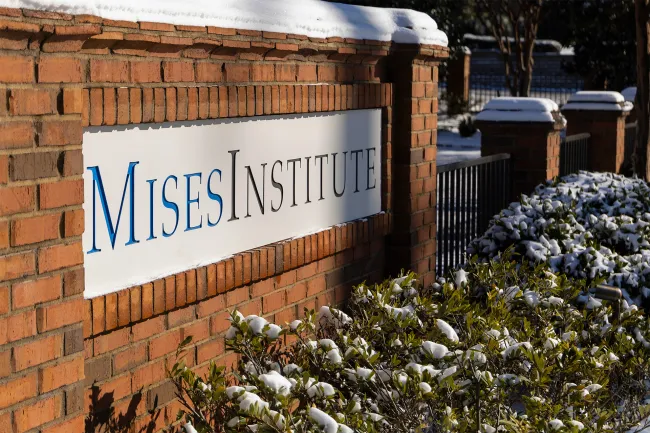

The Goldbug Variations

The Race/Starting-Point Fallacy

Trump’s Inflationist Monetary Policy Favors Wall Street over Main Street

Whatever Happened to the Green New Deal?

The Deserving End to the Post-War Order

Nock’s Enemy, the State

Why Do So Many Bad Economists Support the Austrian Position on Free Trade?
Why do mainstream economists suddenly think clearly when it comes to tariffs—but abandon logic elsewhere? Mark Thornton unpacks why even Krugman and Marx agree with Austrians on free trade.

Should Economists Champion Fed “Independence”?
As Trump challenges Powell and the Fed’s authority, Dr. Joe Salerno joins Bob to dive into whether "central bank independence" really protects the economy—or just shields elite power.

Why Did Trump Arrest a Student for Writing an Op-Ed?
James Bovard joins host Ryan McMaken to talk about how the White House went from targeting illegal aliens to seizing legal residents guilty of the "crime" of criticizing the government of the State

Prospects for Hyperinflation
Is the US headed for hyperinflation? Mark Thornton dives into the national debt crisis, historical collapses, and the three stages of financial doom.
This spring, students from across the US are participating in Mises Book Clubs led by scholars at various universities and colleges. These student groups promote deep reading in Austrian economics.
Research Fellowships at the Mises Institute in Auburn, Alabama, are available to graduate students and post-docs interested in scientific research in the Austrian school and libertarian political economy.
Join us in Auburn for the Revisionist History of War Conference in May.
In May 2025, the Mises Institute will hold its next Mises Book Club, a program that promotes deep reading in Austrian economics.











